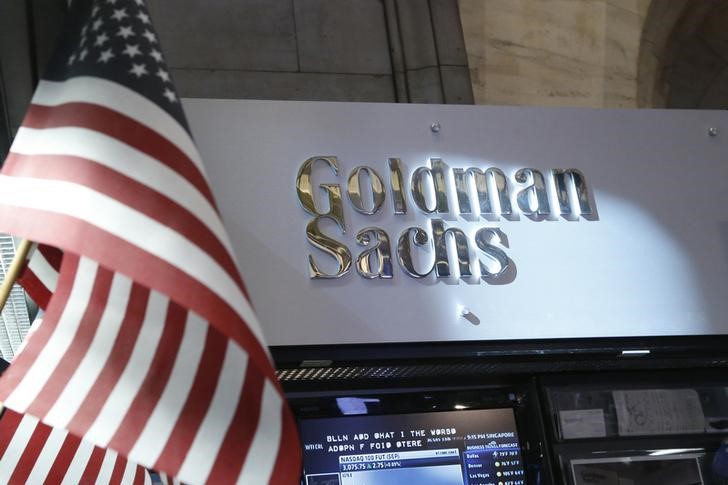By Samuel Shen and Scott Murdoch
SHANGHAI/HONG KONG (Reuters) - Battery maker Sunwoda Electronics Co's debut on the Swiss stock exchange on Monday shines a light on how Chinese firms are tapping global markets outside the United States, as geopolitical tensions make it tougher to raise capital there.
Though the deals pale in size in comparison with the high-profile, multi-billion-dollar New York listings previously sought by Chinese firms, and involve only publicly traded firms, companies are nevertheless lining up for Swiss listings after China this year expanded the Shanghai-London Stock Connect scheme - a mechanism for cross-border investment - to include Switzerland and Germany.
Shenzhen-listed Sunwoda, the world's biggest consumer battery maker by installed capacity, raised $440 million in equity issuance on Swiss bourse SIX and share trading begins at 1400 GMT on Monday.
In total, eight listed Chinese companies, including Lepu Medical Tech and battery maker Gotion High-Tech, have raised more than $2.5 billion via the issuance of so-called Global Depositary Receipts (GDRs) on the Swiss bourse. More than a dozen Chinese companies have unveiled plans to follow suit, according to exchange filings.
The China-Switzerland Connect allows Chinese companies to raise capital by issuing and listing GDRs on Swiss bourse SIX. Swiss firms can issue Chinese Depository Receipts on the Chinese exchanges.
Issuance of GDRs in Europe provides an "additional channel" for Chinese companies to tap into international capital, said Mandy Zhu, head of China global banking at UBS. It comes at a time when listings in both the United States and Hong Kong have slowed.
Chinese listings in the U.S. ground to a halt last July as a result of a sweeping regulatory crackdown - just $152.5 million worth of Chinese listings have taken place in the United States so far in 2022, compared to $12.8 billion in 2021, according to Refinitiv.
The initial public offering (IPO) market in Hong Kong, a preferred venue for fundraising by Chinese companies, slumped 81% by volume during the January-September period, according to Deloitte, amid tensions between Beijing and Washington as well as market volatility.
UBS' Zhu said the Swiss bank is working with a number of Chinese companies with sizable GDR issuance plans, without disclosing names nor deal targets. She said UBS is also discussing with Chinese firms about listing in Frankfurt once rules are in place, so "our GDR mandates will keep coming".
Zhu said Sunwoda's "landmark" Swiss deal shows that Chinese companies with solid fundamentals can still whet appetite even in an adverse market environment, as long as underwriters can help identify the right investors. UBS was the joint global coordinator and bookrunner for the deal with Goldman Sachs (NYSE:GS).
The GDR issuance by Sunwoda generated strong demand from international investors in the bookbuilding process, according to UBS.
That enabled Sunwoda to exercise an option to expand its fundraising by nearly 50%, from an original issue size of $300 million, almost touching the upper limit approved by regulators, Zhu said.
Despite the brighter prospects, deal sizes have been comparatively small, with Gotion's $685 million Swiss listing the biggest so far under the Swiss connect scheme.
Drew Bernstein, co-chairman of Marcum Bernstein & Pinchuk, a China-focused accounting firm, said the U.S. market would remain the best option for Chinese companies, once regulatory hurdles were cleared, and a long-running Sino-U.S. dispute on company auditing was solved.
"Today, obviously, the companies have a lot of choices and the markets themselves have different things to offer," he said. But for many exchanges, "they don't really have scale. They don't have liquidity".
